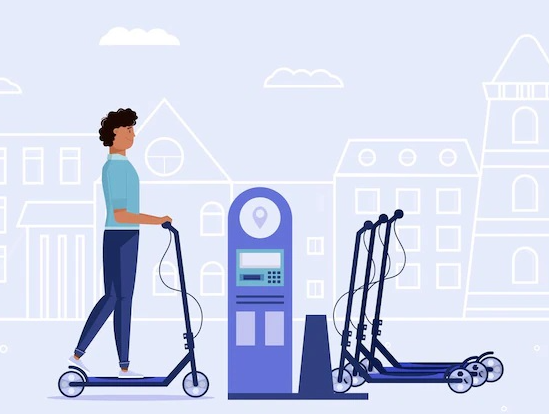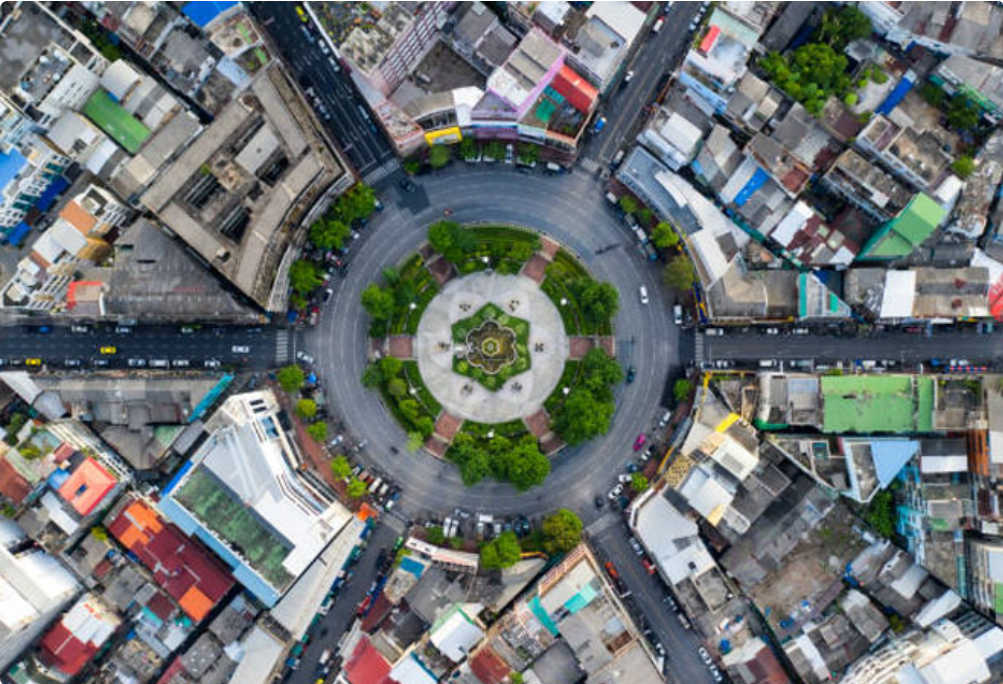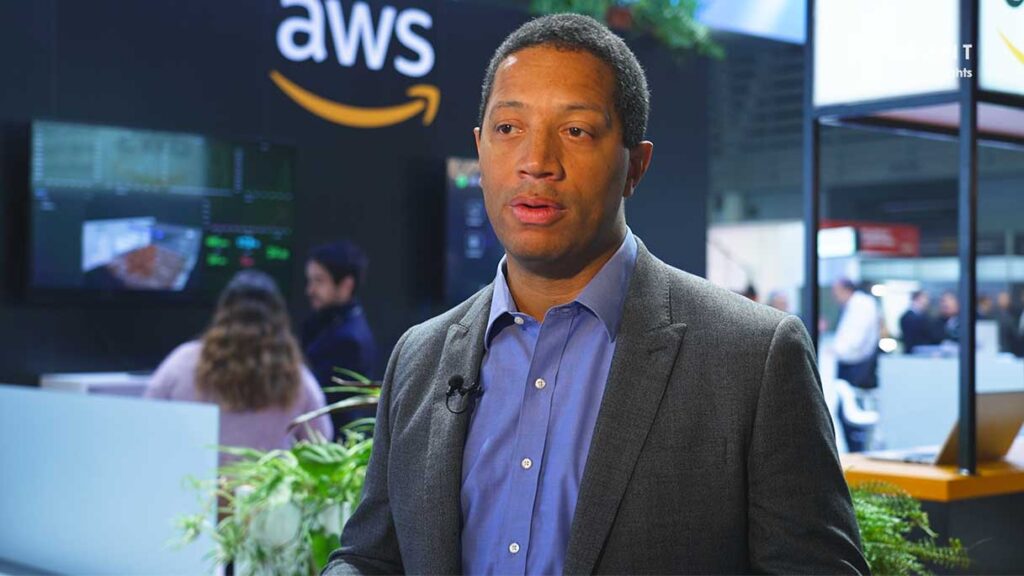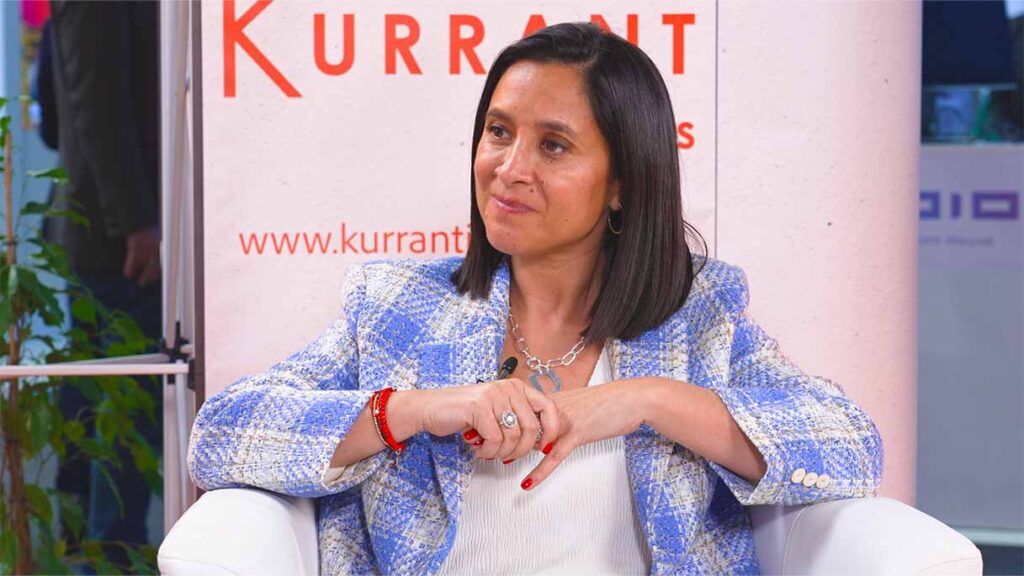How to Design Future Resilient Cities?

In order to make future cities resilient and sustainable, integration of technological innovation with existing infrastructures is crucial for accommodating teeming population and catering to their needs and aspirations.
The Value of Incorporating Nature in Urban Infrastructure Planning

How can nature-based infrastructure foster sustainable cities?
The collapse of the progressive economy

The future belongs to blue-collar workers.
Davos: A New Era For Youth Activism And World Leaders Must Listen

Youth activists call on governments and financial institutions to make good on their promises and take drastic action to keep global warming within 1.5°C
Towards circular cities: A multistakeholder approach

There is a need to look beyond the use and conservation of resources by re-imagining cities as vibrant socio-cultural systems of people and communities.
13 predictions about the trends that will shape smart cities in 2023

Smart Cities Dive asked readers to share how they think cities will evolve in 2023.
Smart cities present risks but also opportunities for inclusion

While smart cities can boost inclusion and accessibility, they also run the risk of creating a novel or cementing existing divides.
What role for large cloud providers in smart cities & utilities?

At the Smart City Expo we interviewed Cameron Brooks, GM EMEA for AWS to know more about the role of the cloud provider in smart cities & utilities.
Las Condes’ Journey to Becoming a Smart City

Daniela Peñaloza Ramos, Mayor of the City of Las Condes in Chile, speaks with Emma Lozano Doogan about her vision and experience in implementing various IoT and smart city technologies to improve the quality of life for her citizens. Join us as we learn more about Las Condes’journey to becoming a smart cities, its first project involving 45,000 connected LED streetlightings, its partnership with Paradox engineering, and the expansion of its existing IoT network to new applications.
What future for smart street parking in transforming cities?

As authorities are looking to turn their cities into less polluted, calmer places for their resident, we’ve been seeing, especially in Europe, many cities closing off their centers to traffic, turning them into pedestrian areas. So this leads to a question. How will on-street parking investment be impacted and more particularly investments related to smart street parking solutions? In this panel filmed at the Smart City Expo World Congress 2022, we explore this question with Lena Acker, Urban Mobility Solutions – Business Development at Mercedes-Benz and Rita Batalha da Sousa, Director of the Transport Authority at the City of Cascais